A sushi spot and a nail salon.
I have two favorite spots in San Francisco that are my go-to, feel-good places to spend a little time in quiet reflection or restoration. It’s nothing fancy or special, but it means a lot to me.
After a long, tireless, thankless workday behind a computer drawing lines in AutoCAD and Photoshop, I’d descend the steps of the late bus back home from work tired, unmotivated, and exhausted. I would be hungry and a bit sad, and the prospect of heading back to my dark apartment alone sounded miserable.
I began to indulge in two practices of self-love almost accidentally. The first was once a week: I’d take myself to a small sushi shop just a few blocks from the bus stop, work bags in tow, and find a quiet spot under the window to sit. I’d take out a paperback book, order the same $12 dinner, and sit and read chapters of my book. It because a ritual of sorts—a treat of taking myself out to dinner just to read my book.
The second space I started frequenting was a whacky hot-pink nail salon run by three ladies who always drawled about how “fabulous” I was. I’d go in to get my nails done—not that I’m a nails-done kind of person—but because the experience of having someone take care of me, wash my feet, and letting me sink into the blissful state of relaxation amongst a massage chair felt so dang good. It didn’t hurt that they would do an additional shoulder rub for $10.
While battling student loans and low wages, I’d shop at the goodwill just to save up money to go to these stores. When I was too broke to spend the money, I’d fill up a big bowl in my apartment with hot soapy water and stick my feet in it and just sit there, quietly, until the water got cold. I did it because it made me feel luxurious.
These nourishment practices aren’t indulgent; they’re restorative. Healing. Filled with elements of self-care. We often overlook ourselves — taking care of everyone else and forgetting that one of our most important jobs is taking care of ourselves. And herein lies one of the paradoxes of gratitude:
In order to nourish yourself, practice gratitude.
In order to practice gratitude, nourish yourself.
We must be whole and healthy in order to do our best service in the world. Gratitude practices, however, help us to become whole and healthy.
Scientific Proof?
Being thankful and grateful affects your health. Lissa Rankin, author of Mind Over Medicine, shares that the scientific evidence is fairly conclusive when it comes to health: “Happy people live up to ten years longer than unhappy people, and optimists have a 77% lower risk of heart disease than pessimists,” she writes.
Sonja Lyubomirsky’s book, The How Of Happiness, sheds light on why this is. While “50% of our propensity for happiness is based on a genetic set point,” the other half is much more malleable—and something we can influence. Ten percent is based on life circumstance, and fully 40% is related to intentional activities and behaviors we cultivate.
What does that mean? “That means that we can be up to 40% happier in our lives without changing our circumstances one bit, and one of the key intentional activities is the practice of gratitude.”
How nourishing yourself is a gratitude practice.
What is nourishment? Nourishment is “food or other substances necessary for growth, health, and good condition.” Just as we wouldn’t expect plants to flourish in dark places devoid of water, humans aren’t meant to be deprived of love and care. Furthermore, the practice of nourishing yourself and taking care of your body and soul is an act of gratitude. It’s gratitude towards yourself, gratitude towards the gift of life, and gratitude for how hard and tirelessly you’re working.
Each of our actions is an opportunity for gratitude—towards ourselves, towards our lives, towards what we value.
Nourishment isn’t just food—although healthy greens, large glasses of water, and steaming cups of hot ginger tea aren’t a bad way to start. It includes feeding your mind with rich words and good ideas; your soul with vibrant love and caring thoughts; connecting to your community, and reaching out to others.
In yoga practices, the act of taking care of yourself begins with the simple, yet extraordinary practice of breathing. Each breath itself is a gift—a nourishing, cleansing, uplifting ritual in and of itself.
A simple practice of gratitude is breathing out a sigh of relief and taking in a deep breathe of healthy, cleansing, delicious oxygen.
Nourishing gratitude also comes in the form of taking five quiet minutes to yourself to reflect or pause. It comes in relieving some of the pressure on yourself. It comes in saying a gentle no to a busy night so that you can tuck into bed earlier. It comes in the form of getting a babysitter for no other reason than to sit on the couch and spend three hours to yourself. It comes in the form of a long, hot, shower. It’s taking yourself to the movies because you want to and you come back a better, more fulfilled person because of it.
Feed yourself something beautiful.
Gratitude is about nourishing ourselves and our communities. Food is nourishment for our body; words are nourishment for our soul. What are you feeding yourself? How are you nourishing yourself?
If it’s food, perhaps it’s a cup of warm soup, a ripe avocado, or a glass of cool, fresh, clean water. Or you nourish your body with an extra serving of healthy greens, or you add an apple to your bag on your way out. Perhaps you steam a hot cup of ginger tea and journal for a few minutes.
Perhaps you pause for a few minutes before you start a task and take ten cleansing breaths and offer up thoughts of gratitude to the space and the world before you begin.
Perhaps you feed your hungry spirit with thirty minutes of down time or restoration time, by getting your nails done (if you’re like me), or stopping by your favorite burrito place with a book and dedicating it to reading time.
You can also feed yourself with words. I have several poems and phrases I pin up on my walls to read and re-read each day. Just reading a poem is enough. That is gratitude. That is grace.
Today, the beautiful practice of gratitude is feeding your self something beautiful.
[jbox title="About the author:" border="5" radius="15"]
Sarah Kathleen Peck is a writer, designer, open water swimmer, and urban nerd.
She teaches digital workshops on writing, storytelling, content strategy, and gratitude. This essay is an excerpt from her class on Grace & Gratitude, a two-week journey into the heart, mind, and soul.
By trade, Sarah specializes in media strategy, content strategy, and getting communications projects from conception to creation. She writes at It Starts With, is a stories-based site about psychology, motivation and human behavior, and her work has been featured on Fast Company, The Huffington Post, 99U, Psychology Today, and more. In her free time, she swims outdoors, teaches yoga, writes books, and teaches yoga.
Want to get the 30 Day Gratitude Challenge sent to your email inbox every day? Fill out this little form here:
[gravityform id="2" name="Subscribe" title="false" description="false"]
[/jbox]









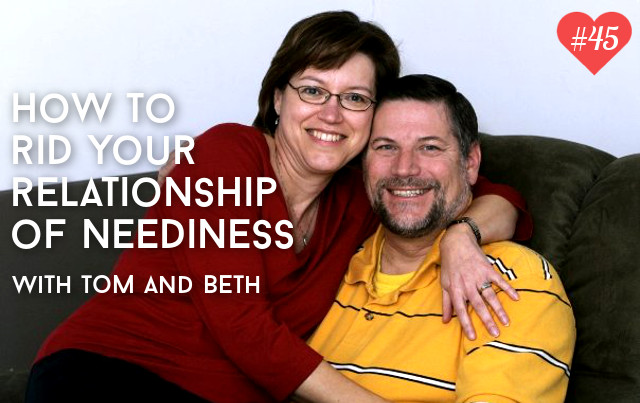
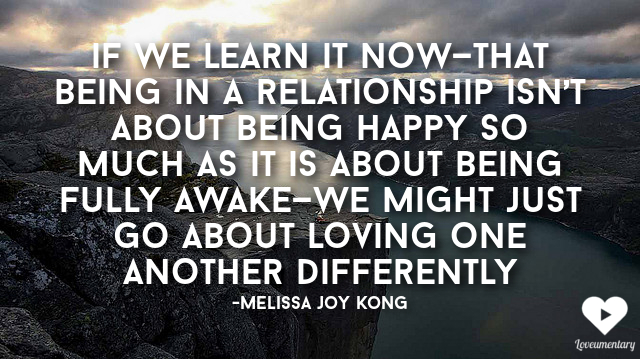
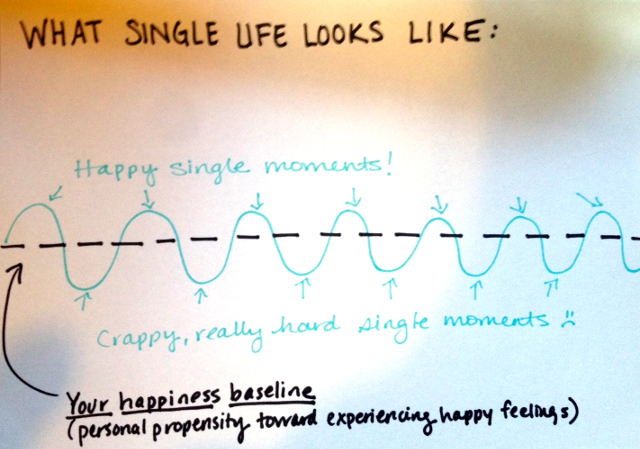
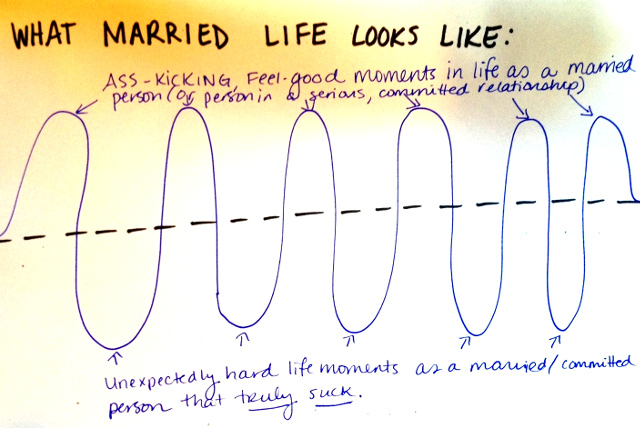
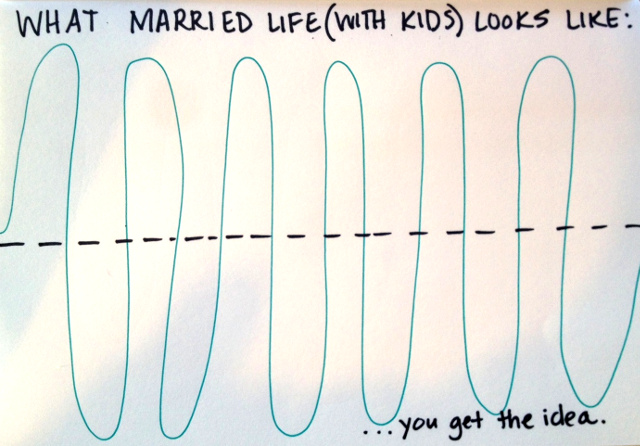




 . He is an amazing husband, friend, and he writes regularly on his blogs
. He is an amazing husband, friend, and he writes regularly on his blogs 